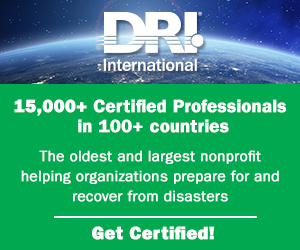Disaster Risk Reduction is not a Paradigm
Emergency Planning
JULY 5, 2019
In 1973, when I was a young undergraduate, I was taught the rudiments of the philosophy, theory and methodology of science. In the library of the London School of Economics there was an entire shelf that contained 29 well-thumbed copies of Thomas Kuhn's The Structure of Scientific Revolutions (Kuhn 1970). This was standard reading on many courses in the social sciences.















Let's personalize your content